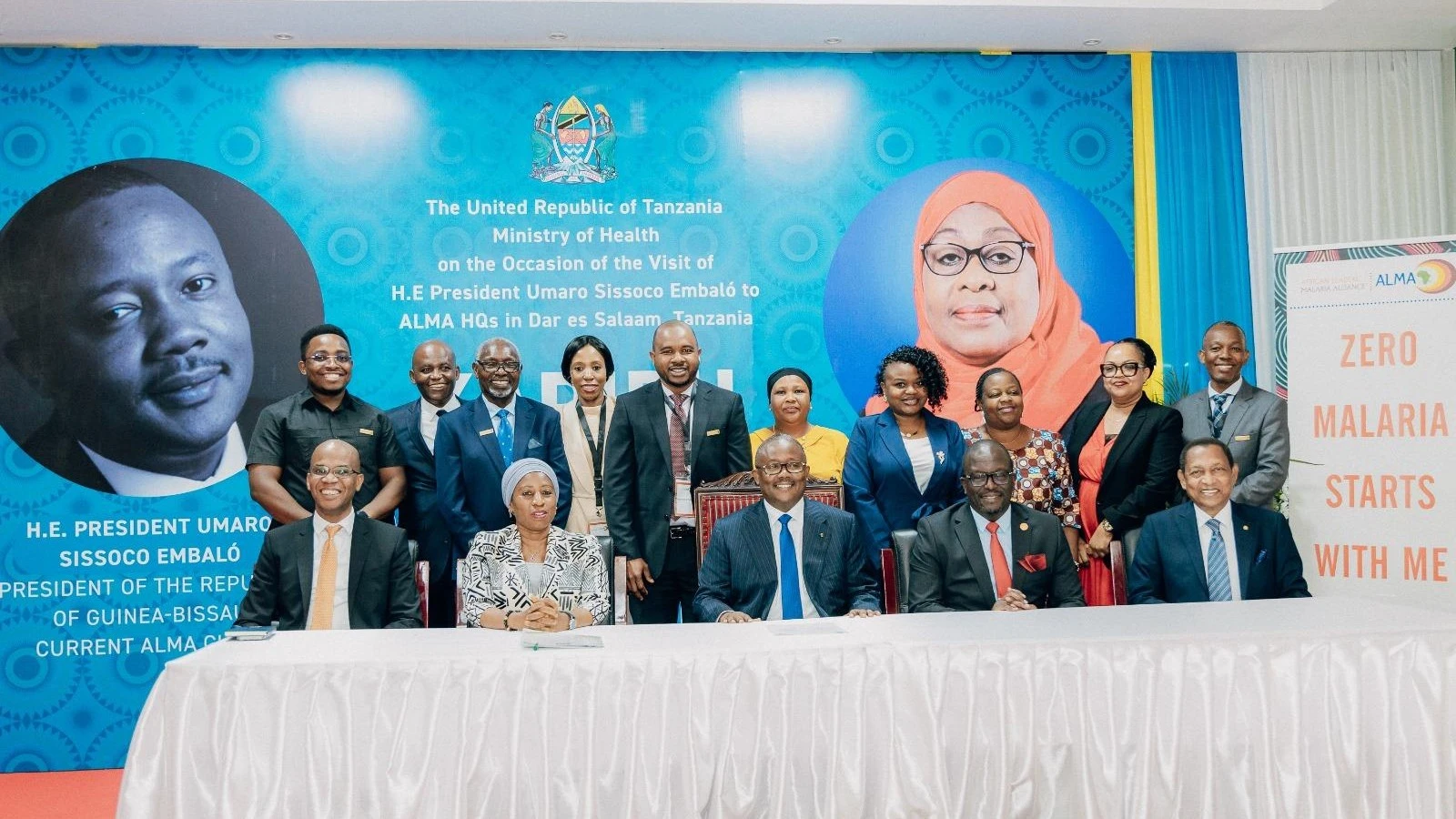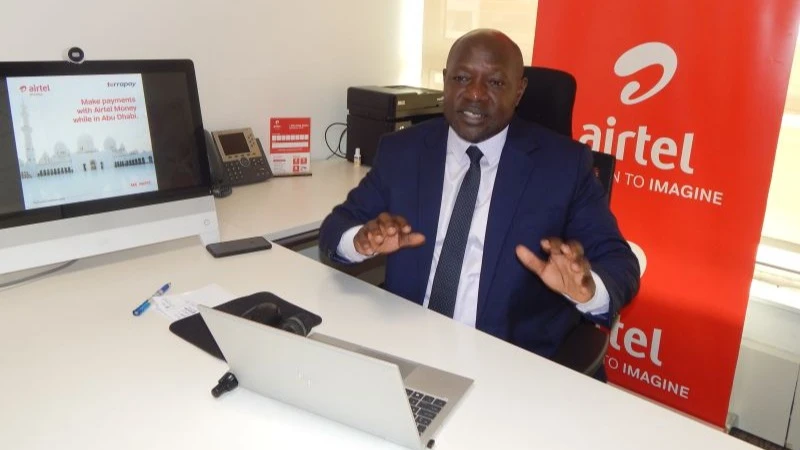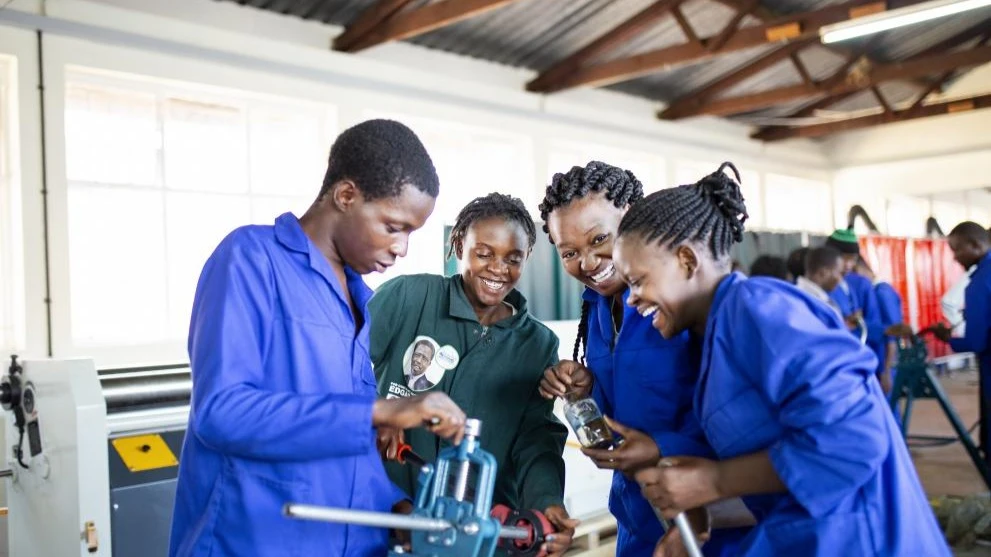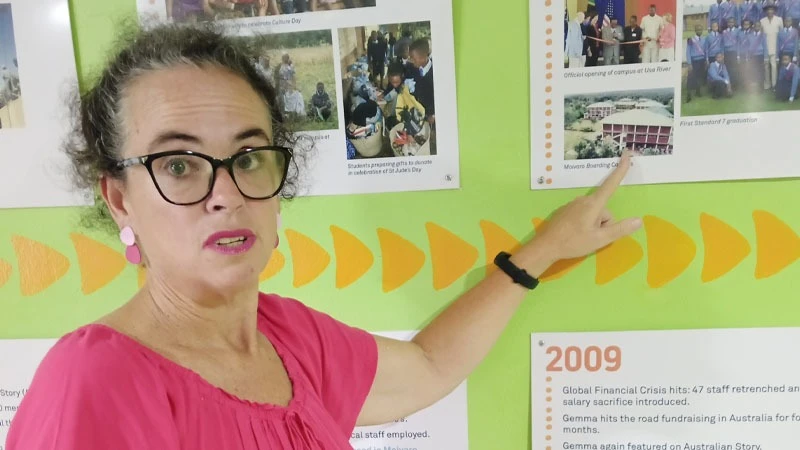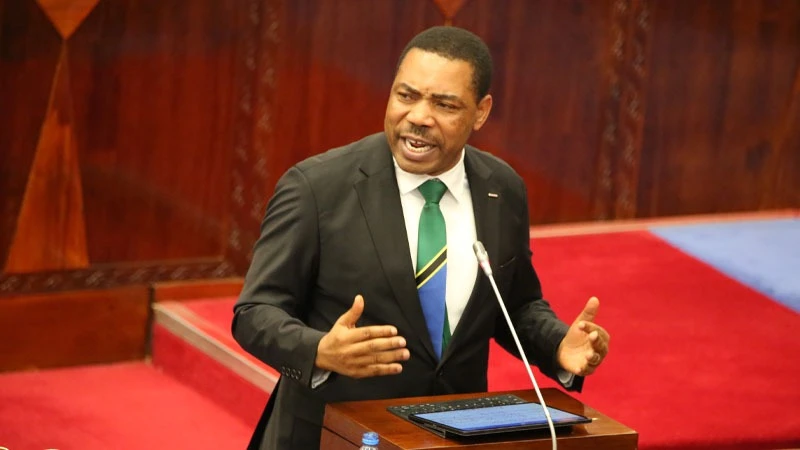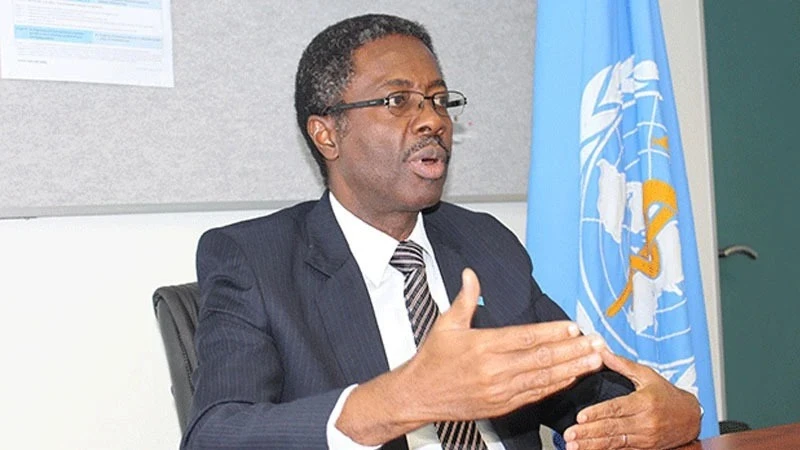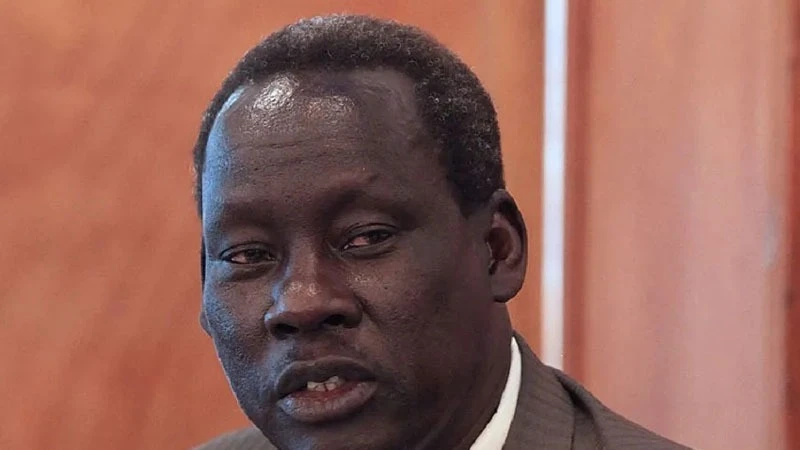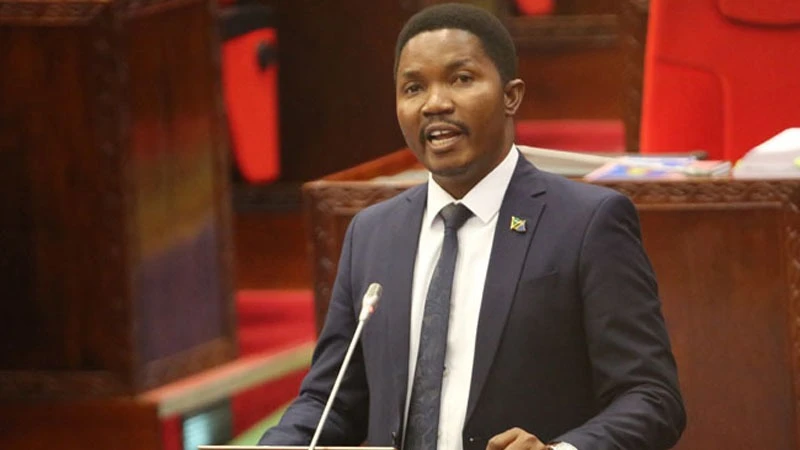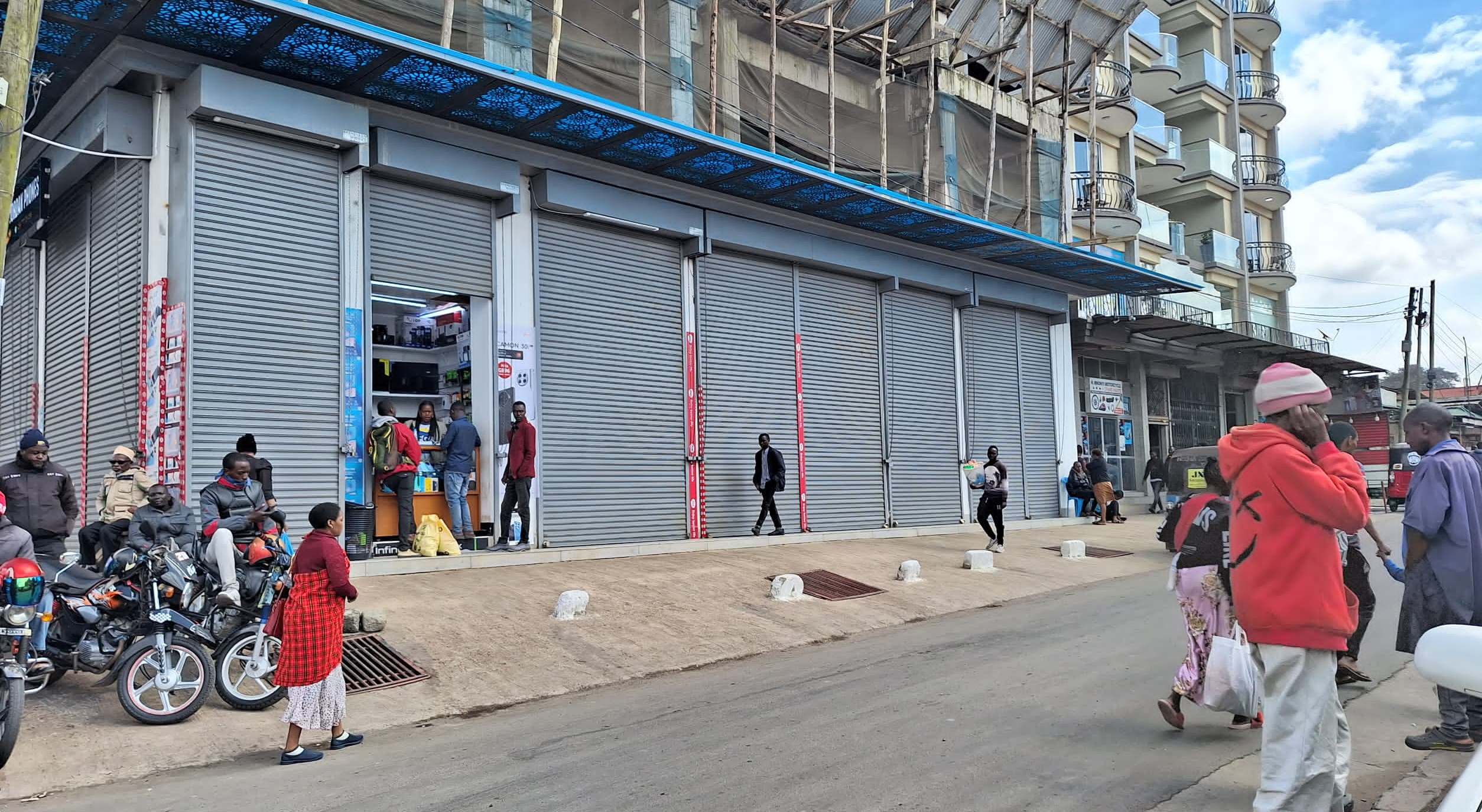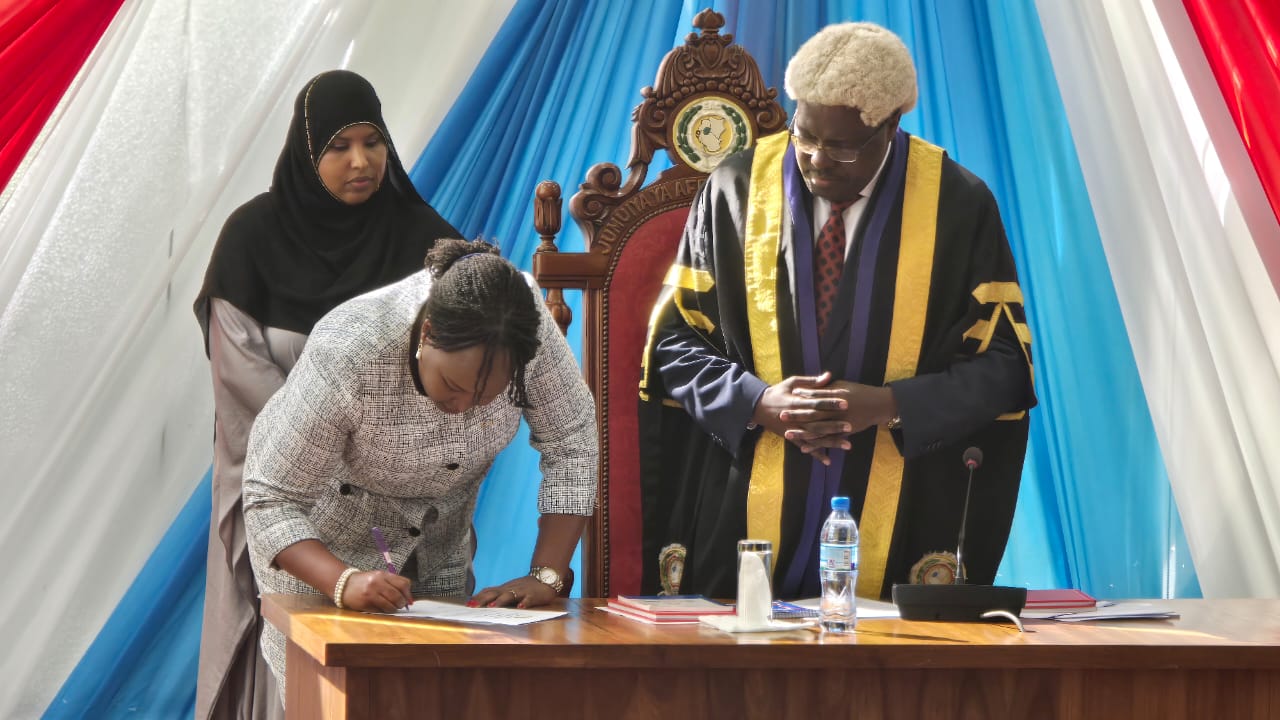IMF in $900m soft loan, budgetary support
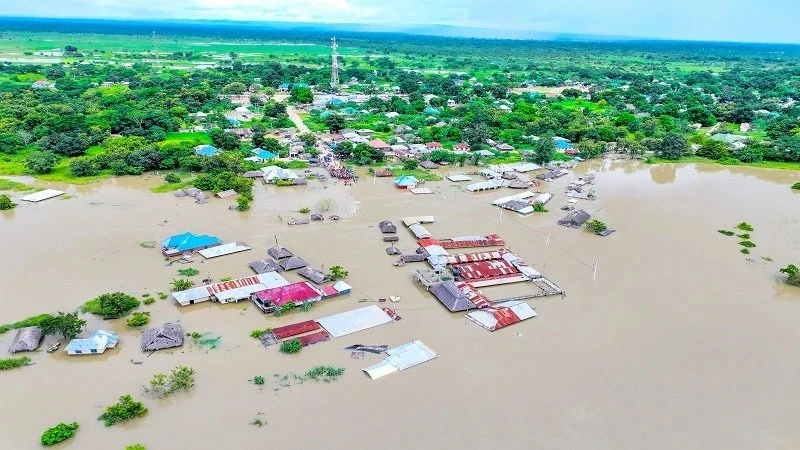
THE International Monetary Fund (IMF) executive board has approved $935.6m (2.45trn/-) concessional lending for climate change mitigation and budgetary support.
An IMF statement issued yesterday said that $786.2m (2.06trn/-) will be channelled to climate action and $149.4m (392.17bn) intended for budget support.
The IMF decided on the package in acknowledging Tanzania's commitment to climate action and economic stability, with visible potential to strengthen the country’s resilience to such challenges, it said
The package will support Tanzania’s ambitious reform efforts to implement climate policy initiatives that address risks and challenges associated with climate change, to enhance the resilience of the Tanzanian economy, the statement indicated.
The Resilience and Sustainability Facility (RSF) billed at roughly $786m will support efforts to build resilience to climate change, it said, noting that the government is committed to implementing reforms to preserve macro-financial stability.
It similarly seeks to strengthen economic recovery, promoting sustainable and inclusive growth, the statement indicated, highlighting that in the past three years, President Samia Suluhu Hassan has undertaken reforms with ambition to return the country’s economic growth to pre-pandemic real gross domestic product growth rate of 6 percent to 7 percent, it said.
Tanzania’s economic reform programme remains strong as economic growth rebounded in 2023 after slowing down in 2022, it affirmed, asserting that the current account deficit is narrowing, reflecting fiscal consolidation, easing commodity prices and tight external financing conditions.
While economic recovery is expected to gain momentum going forward it faces headwinds from an unfavourable global economic environment, it further noted.
“Tanzania’s economy, which relies on tourism, mining, agriculture and manufacturing, has remained resilient in the face of back-to-back extreme weather events and climate change, driven by a surge in the services sector,’ the World Bank said in its remarks.
Planning and Investment state minister Kitila Mkumbo said in a budgetary presentation last week that the economy is forecast to accelerate to 5.4 percent this year, up from 5.1percent for 2023.
Top Headlines
© 2024 IPPMEDIA.COM. ALL RIGHTS RESERVED







